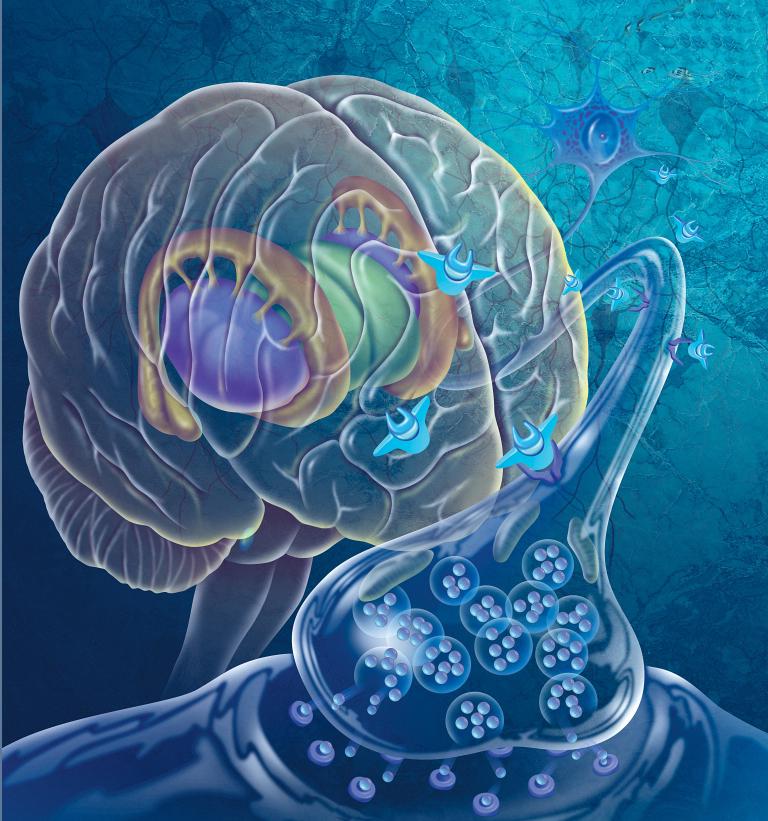LONDON, Feb. 8 (Xinhua) -- Scientists in Manchester revealed Wednesday they and their Chinese colleagues had found a new avenue to explore in the search for the causes of neurodegenerative diseases that are becoming big killers in the 21st century.
Disabling a part of brain cells that act as a tap to regulate the flow of proteins has been shown to cause neurodegeneration, a new study has found, the University of Manchester reported.
Lead researcher Professor Martin Lowe told Xinhua: "Our findings provide new insight into the mechanisms that cause death of nerve cells within the brain, and are relevant for our understanding of neurodegenerative diseases such as ataxia, Parkinson's, and Alzheimer's disease."
"This improved understanding may be exploited in the future to develop novel therapies for these devastating conditions," Lowe said.
He said that turning off the protein tap in the brain provided a new clue to neurodegenerative diseases.
The study was carried out by the University of Manchester and the Shilai Bao lab at the Chinese Academy of Sciences in Beijing.
The research, which was carried out in mice, focused on the Golgi apparatus, a compartment inside all cells in the body that control the processing and transport of proteins. It is fundamental for the growth of the cell membrane and also for the release of many types of proteins such as hormones, neurotransmitters, and the proteins that make up human skeletons.
Working with Chinese colleagues, the Manchester researchers examined the role of the Golgi apparatus in brain cells and found that mice in which the apparatus was disabled suffered from developmental delay, severe ataxia, and postnatal death.
Ataxia is a term for a group of disorders that affect co-ordination, balance and speech. Any part of the body can be affected, but people with ataxia often have difficulties with balance and walking, speaking, swallowing, tasks such as writing and eating, and vision. It can be inherited, brought on through incidents such as a stroke, or through old age.
"Although the function of the Golgi apparatus, named after its Italian discoverer, is well understood, it has not been previously been shown to have a role in neurodegeneration. With these results, the scientists think they may have found a new avenue to explore in the search for the causes of some neurodegenerative diseases," Lowe said.
"Our results, combined with previous work, suggest that during the cellular changes that occur, loss of the Golgi function could be an important intermediary step that contributes to cell death," Lowe added. "Our findings suggest that in certain neurodegenerative diseases the loss of function of the Golgi apparatus may contribute to the pathology that is occurring."




 A single purchase
A single purchase









